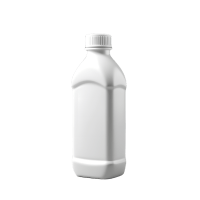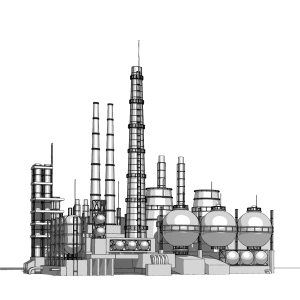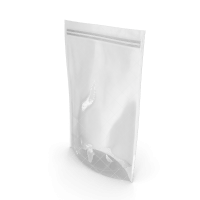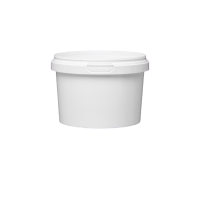
PET

PS

PVC

MB
Petrochemical products are chemical compounds derived from petroleum and natural gas. These products play a crucial role in the modern industrial landscape, forming the building blocks for a myriad of applications across various industries.

Key Categories of Petrochemical Products
Olefins:
Ethylene: Used in the production of polyethylene, ethylene oxide, and ethylene glycol. These derivatives are essential for making plastics, antifreeze, and detergents.
Propylene: Utilized to create polypropylene, acrylonitrile, and propylene oxide, which are used in packaging, textiles, and automotive parts.
Aromatics:
Benzene: A precursor for producing styrene (used in polystyrene plastics), phenol, and aniline.
Toluene: Used in making solvents, benzene, and as a raw material for toluene diisocyanate (TDI), which is critical in polyurethane production.
Xylenes: Particularly paraxylene, which is a key raw material for producing terephthalic acid (TPA), essential in manufacturing PET plastics.
Synthesis Gas (Syngas):
Composed primarily of hydrogen and carbon monoxide, syngas is used to produce ammonia (for fertilizers) and methanol (for various chemicals and fuels).
Applications of Petrochemical Products
Plastics: Petrochemicals are vital in producing various types of plastics, including polyethylene, polypropylene, PVC, and polystyrene. These materials are ubiquitous in packaging, construction, electronics, and consumer goods.
Fertilizers: Ammonia derived from natural gas is a key component in the production of nitrogen-based fertilizers, which are essential for modern agriculture.
Pharmaceuticals: Many drugs and medical devices are manufactured using petrochemical derivatives, such as ethylene oxide (used for sterilization) and benzene derivatives.
Textiles: Synthetic fibers like polyester, nylon, and acrylic are produced from petrochemicals, making them integral to the textile industry.
Automotive: Petrochemical products are used in the manufacture of tires, synthetic rubber, and various automotive parts, contributing to the efficiency and durability of vehicles.
Environmental and Economic Impact
The petrochemical industry is a significant economic driver, providing essential materials for countless products and industries. However, it also faces challenges related to environmental sustainability, including carbon emissions and plastic waste. Innovations in recycling, green chemistry, and alternative feedstocks are being explored to address these issues.
In conclusion, petrochemical products are indispensable in modern society, underpinning the manufacture of a vast array of goods. Their production and application not only drive economic growth but also pose environmental challenges that require ongoing innovation and responsible management.











